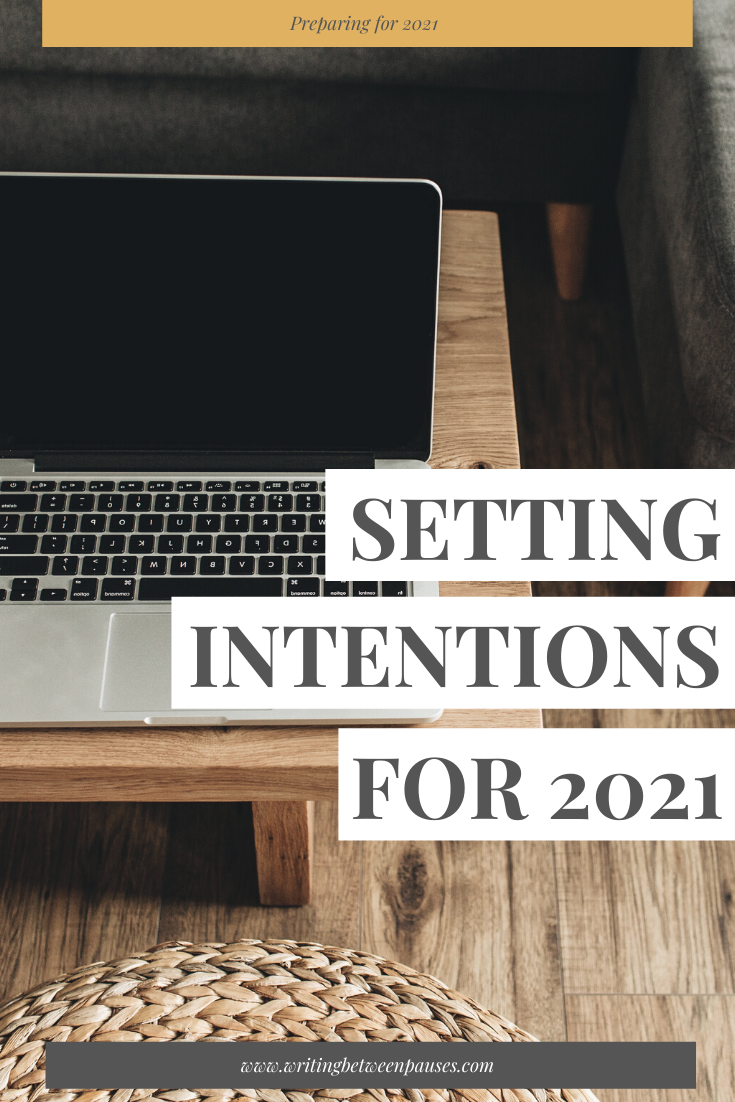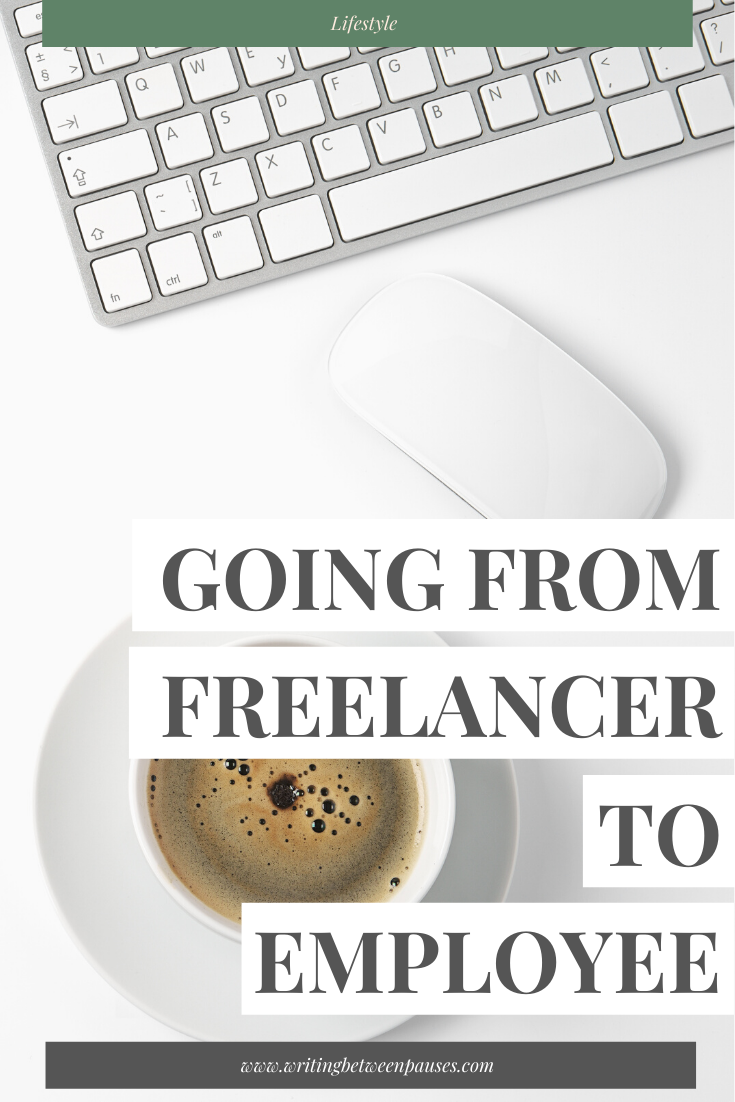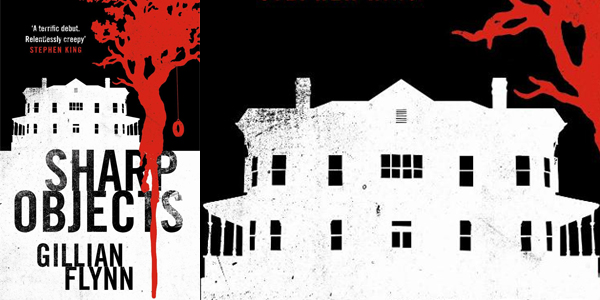I started this book fully prepared to dislike it. Between the cover and the description, it seemed like a lot of Bad Waiting to Happen. However, I was pleasantly surprised. Which just goes to show, you can't judge a book by its cover.
Disclaimer: A received a copy for an honest review from NetGalley. Also, this review does contain spoilers.
Yes, there is a little bit that could do to be changed. Mainly, the quads' R-names really should have been rethought; I still can't 100% tell the difference between Reilly and Reece. Realistically, new parents of identical quadruplet girls would not name all of them incredibly similar sounding names: Reilly, Reece, Reagan, and Rhiannon. That was the first unbelievable hurdle to jump over (never mind the statistical possibility of identical quadruplets, all of whom are perfectly fine with no lasting difficulties from, I don't know, sharing a womb).
Another difficulty was the fact that occasionally, the book does veer into sounding just a little too try hard, including the moments when Reagan seems to slip into seeming, well, too much like a narrator. I think that's one of the biggest downsides of the book; occasionally, Reagan will think something that is so incredibly not something a teenager would think about themselves (such as "Curse my teenage hormones!" What teenager says that!?) that it takes you out of the moment entirely. Basically, Reagan's internal dialogue often did not feel natural or normal, probably because of editing.
The one thing I will say is that it felt like the book ended just a little too abruptly. It was quite a short book; I read it in a total of perhaps 4 hours. It felt like towards the middle a lot of random "drama" happened, such as Reece dyeing her hair and Rhiannon disappearing. Regarding that second incident, I think Reagan's non-anger at Rhiannon was the most disappointing part of the book; talk about being untrue to teenagers! Rhiannon's behavior lead to Reagan having to abandon her first ever date--what a dick move for her sister to pull. It was an incredibly important moment for Reagan and actually felt like the climax of the novel: Reagan, who is shy and nerdy, is on a date with a guy she really likes. That's the ultimate end-game for Reagan, what her narration has been about essentially since the beginning. And instead of anything happening, the moment is ruined, about 5 minutes in, by her sister's disappearance. And we're supposed to believe that Reagan isn't mad?
Any teenager, or adult, honestly, would be livid, but Reagan was just "too good" for that. It's those moments where she slips (alongside her parents and sisters) into being just a little "too perfect," just a little idealized. I wanted some messiness from Reagan, but it didn't happen. There were a few moments like this where the reactions of characters seemed to be just too fake and unrealistic. No one, absolutely no one, reacts to teenagers breaking rules with, "Well, maybe we need to readjust the rules." No, if my kid disappeared and turned off her phone, she'd be getting grounded until summer at the very least. But not Rhiannon's parents!
Then, after Rhiannon came back and Reagan got to do a date re-do, the book ends. We get a brief scene where Reagan acts in a play, but that's it. It's a bit anticlimactic; there is no big action that creates tension or changes things. Things seem... the same as when the book started, plus a boyfriend. Maybe Rhiannon's disappearance is meant to be the climax, but it didn't feel like it; Reagan found her within 10 minutes of starting to look, so, you know.
All this being said, it wasn't an entirely unpleasant book to read; I would definitely recommend it as the start of a series to younger readers (I'd say it's definitely written at around 6th or 7th grade level).
A few additional notes: this book does win points for attempting to include a diverse cast. Based on descriptions, Reagan's love interest, Kurt, appears to be biracial (it's never explicitly stated) and one of the quadruplets (Reilly) identifies as gay. These are just two examples. It is always difficult to praise diversity in a book that centers around four, beautiful, identical, white girls, but alas, I have to give Kellie Sheridan credit for at least including diverse characters, even if they are secondary in this novel. (From my understanding, this is the first in a series about the quadruplets. Here's to hoping for more in the sequels!)














